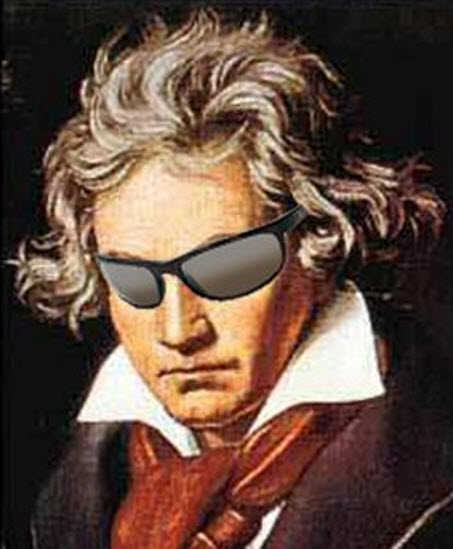Can We Sell Classical Music By Making it “Cool”?
I was recently notified about an upcoming webinar being put on by APAP (Association of Performing Arts Presenters) called “The Classical Music ‘Cool’ Factor.” It includes the following discussion topics:
- Show today’s audiences the importance of classical music
- Make contemporary repertoire meaningful
- Learn from past successes and challenges
I thought about it, and it raised an interesting conundrum. Being “cool” is a moving target: what is cool today may no longer be cool tomorrow. So then how do you make something essentially static like classical music be “cool”? I am not talking about new compositions, which I think have mostly missed their market. You can apply the same question to artwork: Is Van Gogh “cool” or Rembrandt? How do you make them cool, or are you always chasing something ephemeral? Yet the music we are discussing clearly has some kind of lasting power, or it never would have made it to “classical” status! What I find interesting (and perhaps that is what the APAP webinar is attempting to address), is trying to find and communicate those elements that make this genre of music compelling. This webinar lost my interest at the first two topics:
Show today’s audiences the importance of classical music. Really? Do you really need to explain it? Are there people out their explaining the importance of jazz or pop music? It is like conducting: if you have to stop and explain your conducting, then there is something wrong with your conducting. It should speak for itself, and so should classical music.
Make contemporary repertoire meaningful. You have to “make” it meaningful? Why isn’t it meaningful on its own? Do you have to explain why Bernstein’s Maria from West Side Story or Paul McCartney’s Blackbird are meaningful? Shouldn’t contemporary repertoire be held to the same bar? If you have to force or make it be meaningful, then you’ve already failed or you are presenting the wrong repertoire or composers.
I decided to skip this one.


I think part of the problem is unfamiliarity. The public is so inundated with dreck, plus they don’t have access as amateurs to so many classical music playing activities, as say, 30 years ago.
So maybe there has to be some explaining (for instance, get them to physically experience a hemiola by having one group clap in 4 and another clap a cross-rhythm over it).
Classical music being so full of subtle things, experience on the spot might help.